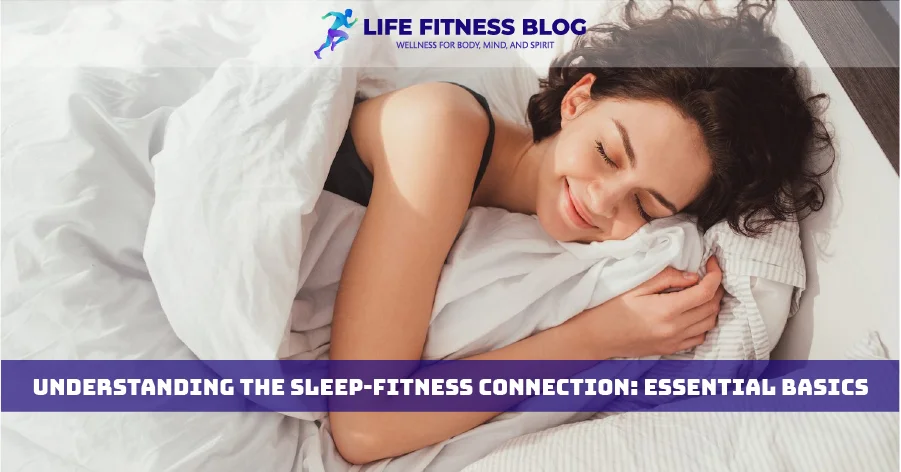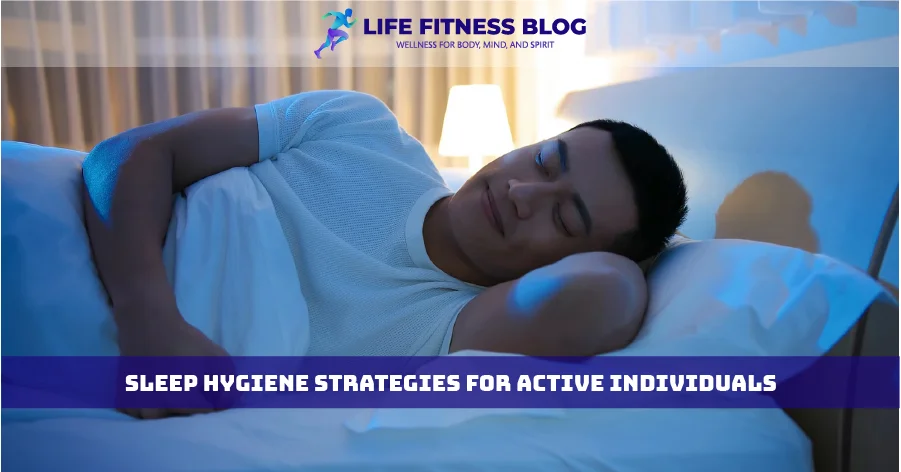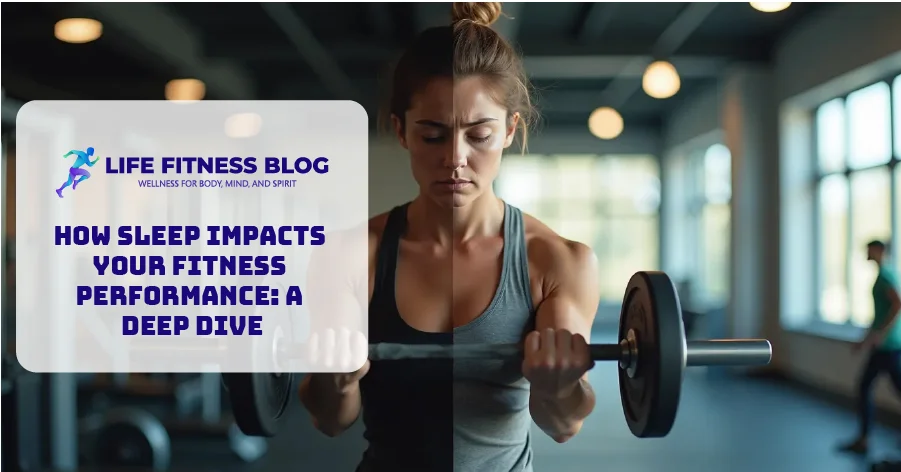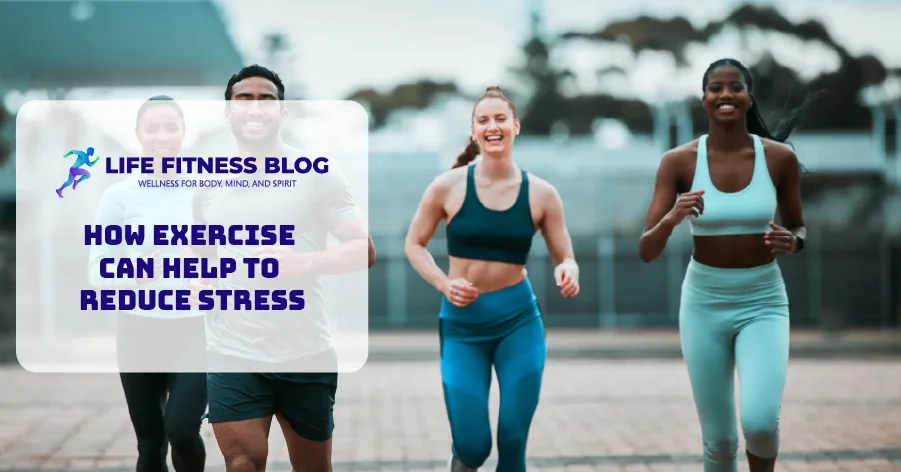If you’re into sports or fitness, you know how important sleep is. It’s not just a nice-to-have; it’s essential for reaching your goals. Let’s dive into how sleep affects your fitness and performance.
Whether you’re a pro athlete or just love working out, sleep matters a lot. It helps your muscles recover and boosts your focus and coordination. We’ll explore how good sleep can improve your fitness and share tips to help you sleep better for better performance.
Table of Contents
Understanding the Sleep-Fitness Connection: Essential Basics
Sleep is key to improving your fitness. Learning about sleep cycles helps you see how sleep boosts your physical skills and recovery.
The Science Behind Sleep Cycles
Your sleep cycle has different stages, each with its own benefits. The rapid eye movement (REM) stage boosts memory and brain function. The deep sleep stage is vital for fixing and growing muscles.
How Sleep Affects Physical Performance
Good sleep is essential for top athletic performance. When you’re well-rested, your body can handle training and competition better. Lack of sleep, however, can slow down your reactions, hurt coordination, and make decisions harder.
The Role of Sleep in Athletic Recovery
- Sleep is the main time for muscle recovery and growth.
- Deep sleep releases growth hormones, which are key for fixing tissues and building muscles.
- Enough sleep also keeps cortisol levels in check, helping your recovery.
| Sleep Stage | Benefits for Fitness |
|---|---|
| REM Sleep | Improved cognitive function and memory consolidation |
| Deep Sleep | Physical restoration, muscle repair, and growth hormone release |
Knowing how sleep cycles affect your body helps you sleep better. This way, you can reach your fitness goals more easily.

What’s the Impact of Sleep on Your Fitness Performance
Reaching top fitness levels isn’t just about hard workouts and good food. Sleep quality is also key. It boosts your endurance, strength, quickness, and brain power.
Good sleep quality is vital for being a top athlete. While you sleep, your body fixes itself and gets ready for better performance. Bad sleep can hurt your hard work and fitness dreams.
Let’s look at how sleep affects your body:
- Endurance: Quality sleep helps your body keep up with tough workouts longer.
- Strength: Deep sleep helps your muscles grow and heal, keeping you strong.
- Reaction Time: Good sleep makes your nervous system work better, making you quicker and more agile.
- Cognitive Function: Sleep sharpens your focus, decision-making, and problem-solving skills, all key for top athletic performance.
| Sleep Quality Factor | Impact on Fitness Performance |
|---|---|
| REM Sleep | Boosts brain function and memory |
| Deep Sleep | Helps muscles grow, repair, and recover |
| Sleep Continuity | Keeps energy and focus up during workouts |
Knowing how sleep affects your fitness lets you improve your sleep habits. This can unlock your full athletic potential. Making sleep a priority is a big step towards reaching your fitness goals.

Sleep Deprivation and Exercise: The Hidden Dangers
If you’re into sports or fitness, you know how important it is to be dedicated and disciplined. But, you might not think about how sleep affects your performance and health. Not getting enough sleep can really hurt your progress and even cause serious problems.
Mental Focus and Coordination Issues
Not sleeping enough can mess with your mind and body. You might feel less focused, react slower, and make poor decisions. This can lead to accidents and injuries during your workouts.
It’s key to stay sharp mentally to do complex exercises safely and avoid injuries.
Increased Risk of Injury
Sleep helps your body heal and get stronger. Without enough rest, your muscles and joints are more likely to get hurt. Trying too hard without sleep can cause serious injuries that might keep you out for a long time.
Compromised Immune Function
Not sleeping well weakens your immune system. This makes you more likely to get sick. Without enough rest, your body can’t fight off germs as well, which can ruin your training plans and fitness goals.
Sleep is vital for athletes and fitness lovers. It helps you perform better, stay healthy, and see real results from your hard work. Ignoring sleep can lead to big problems, so make it a priority to sleep well.
Muscle Growth and Recovery During Sleep
Quality sleep is key for your fitness, especially for muscle growth and recovery. Your body does important work while you sleep. This work helps you get the most from your workouts.
Sleep boosts growth hormone, which is crucial for fixing and building muscle. When you sleep well, especially in deep sleep, your body makes more growth hormones. This hormone starts the repair and building of muscle.
- Growth hormone production peaks during deep sleep stages, supporting muscle growth and recovery.
- Protein synthesis, the process of building new muscle tissue, is enhanced during sleep, especially in the latter stages of the sleep cycle.
- Muscle damage incurred during exercise is repaired and restored during sleep, helping your muscles recover and adapt.
Sleep also helps your muscles physically recover. Your body focuses on fixing and growing muscles during sleep. This makes your muscles stronger and more resilient.
Getting the most from your workouts means focusing on sleep cycles and muscle recovery. Aim for 7-9 hours of sleep each night. This will help you perform better, reduce injuries, and grow muscles faster.
Hormonal Balance and Sleep: The Performance Connection
As athletes, knowing how sleep affects hormonal balance is key to better performance. Sleep helps control important hormones that boost your fitness and recovery. Let’s explore how these hormonal shifts impact your sports skills.
Growth Hormone Production
Deep sleep releases growth hormones, crucial for muscle repair and recovery. Getting enough sleep lets your body make enough growth hormones. This supports your training and competition needs.
Cortisol Regulation
Cortisol, or the “stress hormone,” greatly affects your sports performance. Not sleeping well can upset cortisol levels. This leads to more inflammation, poor recovery, and a weaker immune system. All these can make it hard to perform well.
Testosterone Levels and Sleep Quality
Good sleep is also key for healthy testosterone levels. Testosterone helps with muscle growth, strength, and energy. Getting quality sleep boosts testosterone, giving you an advantage in sports.
Understanding the link between sleep, hormonal balance, and sports performance helps you reach your fitness goals. It lets you achieve your best as an athlete.
Optimizing Your Sleep Schedule for Peak Athletic Performance
If you’re an athlete or fitness lover, your sleep is key to your success. A good sleep routine can help you reach your fitness goals. Here are some tips to improve your sleep for better athletic performance.
Keeping a regular sleep schedule is important. Try to go to bed and wake up at the same time every day. This helps your body’s internal clock stay in sync. Strive to get 7-9 hours of quality sleep each night, as it’s best for most active people.
Match your sleep schedule with your training and competitions. If you have an early workout, go to bed earlier. For late-night events, plan your sleep to recover well.
- Establish a consistent bedtime and wake-up routine, even on non-training days.
- Aim for 7-9 hours of quality sleep each night, as this range is optimal for most active individuals.
- Time your sleep schedule to align with your training and competition demands.
Sleep is crucial for athletes. Good sleep hygiene and a well-planned sleep schedule can unlock your best performance.
Sleep Quality Metrics That Impact Your Fitness Goals
To reach the top in sports, you need to train hard and rest well. Sleep quality metrics show how sleep affects fitness goals.
REM Sleep Benefits
Rapid Eye Movement (REM) sleep is key for your brain. It makes your brain work hard, helping you remember things and process info. Better REM sleep means you’ll be sharper, ready to make quick decisions, and stay focused during tough times.
Deep Sleep and Physical Restoration
Deep sleep, or slow-wave sleep, is when your body heals and grows. This is when muscles fix, growth hormone is made, and your immune system gets stronger. Getting enough deep sleep helps you perform better and avoid injuries.
Sleep Continuity Factors
- Sleep Onset: How fast you fall asleep affects your sleep quality and length.
- Sleep Efficiency: This shows how well you use your sleep time.
- Sleep Fragmentation: Waking up during the night hurts your sleep’s restorative power.
Understanding and improving these sleep metrics can help your body recover and perform better.
Creating the Perfect Sleep Environment for Athletes
As an active person, making your sleep area the best is key for top sports performance. The quality of your sleep greatly affects your sleep quality and athletic performance. A sleep-friendly space helps your body recover better and gets the most from your workouts.
To make the ideal sleep spot for athletes, think about these important points:
- Temperature Control: Keep your room’s temperature between 65-68°F (18-20°C). This helps keep your body’s temperature right and leads to better sleep.
- Lighting Considerations: Cut down on bright lights, which can mess with your natural sleep cycle. Use dark curtains or an eye mask to make your room dark and sleep-friendly.
- Noise Reduction: Get rid of outside noises like loud traffic or appliances. White noise machines or earplugs can help make your sleep area quiet and peaceful.
- Comfortable Bedding: Get a good mattress, pillows, and bedding for the best support and comfort. This helps you fall asleep faster and stay asleep longer.
By paying attention to these sleep hygiene tips for active people, you can make a sleep area that boosts your sleep quality and athletic performance. Remember, a good night’s sleep is vital for physical healing, muscle growth, and feeling your best.
Sleep Hygiene Strategies for Active Individuals
As someone who’s always on the move, getting quality sleep is key. It helps your fitness and overall health. Good sleep hygiene is essential for your body to recover and perform at its best. Let’s look at some easy ways to improve your sleep.
Pre-Sleep Routines
Make a calming routine before bed to tell your body it’s time to relax. You could take a warm bath, do some gentle stretches, or read a book. Stay away from screens and exciting activities close to bedtime. They can mess up your sleep cycle.
Nutrition and Sleep Quality
Your diet affects how well you sleep. Eat foods that help you sleep, like tart cherry juice, fatty fish, and whole grains. Avoid caffeine, heavy meals, and alcohol. They can make it hard to fall and stay asleep.
Technology Management Tips
- Make your bedroom a tech-free zone to avoid blue light before bed.
- Use “night mode” or “do not disturb” on your phone to cut down on distractions.
- Try apps or devices with red-light filters to reduce screen time’s impact on your sleep.
By following these sleep hygiene tips, you can improve your recovery from exercise and sleep better. Remember, good sleep is vital for staying in top shape physically and mentally.

Conclusion
Sleep has a huge impact on your fitness performance. It affects your mental focus, muscle growth, and hormonal balance. The quality and amount of sleep you get can greatly improve your athletic achievements.
To reach your fitness goals, make sleep a key part of your training. Learn about sleep cycles and how to create a great sleep environment. Also, practice good sleep hygiene to unlock your full potential.
Don’t underestimate the role of sleep in your fitness. It’s vital for athletes, helping with recovery and muscle repair. By valuing sleep, you can see your fitness performance improve dramatically.
FAQs
Why is sleep important for athletes?
Sleep is crucial for athletes as it aids in muscle recovery, improves cognitive function, and enhances overall athletic performance.
How does sleep affect muscle growth?
During deep sleep, the body releases growth hormone, which plays a key role in muscle repair and growth.
What are some tips for better sleep hygiene?
Establishing a consistent sleep schedule, creating a relaxing bedtime routine, and avoiding screens before bed are effective sleep hygiene practices.
How does sleep impact mental performance in athletes?
Adequate sleep improves focus, reaction time, and decision-making abilities, all of which are essential for optimal athletic performance.
What is the ideal sleep duration for athletes?
Most athletes benefit from 7-9 hours of quality sleep per night to optimize their physical and mental performance.




